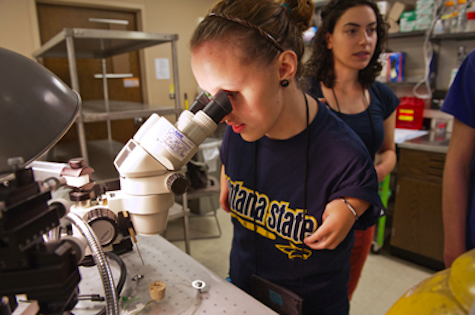Living with a disability comes with a unique set of challenges that many people will simply never fully understand. And of course, disabilities come in all sorts of different forms so there will never be one simple set of solutions that covers all types of disabilities and the challenges they bring.
However, there are a few initiatives and resources out there which are designed to assist a wide range of disabilities. So if your child is a school leaver, student or young adult in Australia with a disability, they may benefit from these three things.
Help finding work
Finding work without much experience can be difficult for everyone, but finding work when you’re a teenager or student living with a disability can present a whole range of other challenges. Whether it’s employer prejudice or lack of training and experience holding them back, there are organisations out there who can get your child the help they need.
Organisations providing help with disability employment for school leavers can assist your child with many different aspects of the job finding process. From helping them to prepare emotionally for leaving school & create a plan for their future to getting access to health support, training and potential job opportunities, their sole purpose is to help your child to find the right job for them.
Living independently
Like any young adult, your child probably wants to spread their wings a little and live outside the family home. Naturally, how and when they do so will depend on the type of disability they are living with. Generally speaking however, there are options available to them.
The National Disability Insurance Scheme has a number of resources that could help your child to live independently. Some young Australians living with a disability may be eligible for Specialist Disability Accommodation (SDA). This kind of accommodation is specifically designed for those with extreme impairments who require a high level of support. Only a small percentage of those living with disabilities are deemed eligible for this kind of assistance, however.
A more widely available option via the NDIS is access to classes and assistance for building life skills such as cooking, using public transport and budgeting. It can also cover some necessary home modifications as well as access to a support worker who can assist with daily tasks such as showering, shopping or preparing meals.
It’s worth noting however that for most applicants, the NDIS does not cover any funding for rent, groceries or any general costs which are also incurred by people without disabilities.
Financial support
Some disabilities may make it difficult or even impossible to find employment. If your child suffers from a disability which makes getting or holding down a job impossible, then they may be entitled to Disability Support Pension or Commonwealth Rent Assistance.
The DSP is designed to provide financial help for those who have permanent physical, intellectual or psychiatric conditions that prohibit them from working. Commonwealth Rent Assistance on the other hand is a non-taxable income supplement for eligible people renting in community housing or in the private rental market. Both schemes come with their own eligibility criteria which must be met in order to receive any kind of payments.
Conclusion
Unfortunately, there is no one size fits all solution when it comes to living with a disability. The good news is there are plenty of organisations, schemes and resources out there which are specifically designed to help people in your situation. It’s just a matter of knowing what you’re entitled to and making sure you get it. Hopefully the information above will help to connect you to some organisations and agencies who can help your child to take the next step towards independence.
















__small.png)










